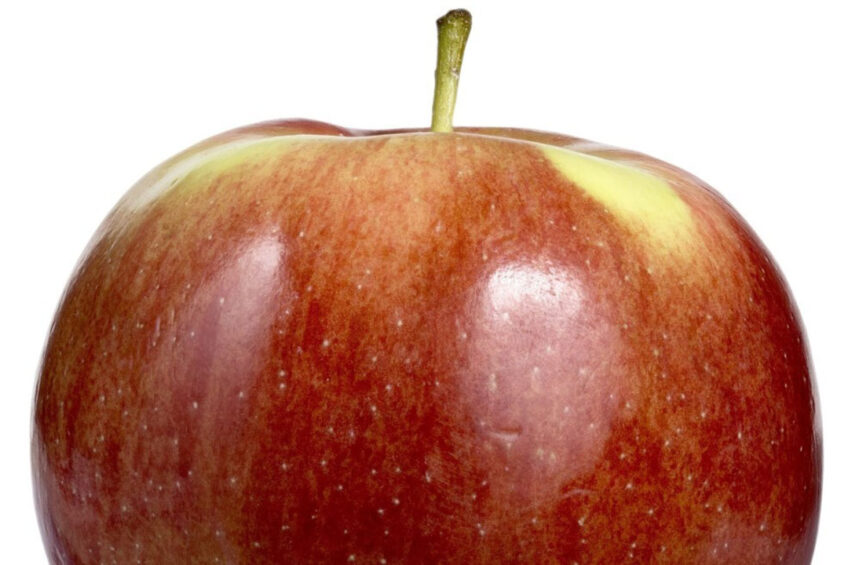Study: the health benefit of feeding apples to chickens

According to Cornell University research, juice, pulp and other waste from Empire apples, when injected into chicken eggs before hatching, show signs of boosting the animal’s intestinal health.
Lead author, Cydney Jackson, a doctoral student in the field of food science, said: “In our study, we were able to see how an apple – specifically, the Empire apple developed at Cornell in the 1940s – improved the intestinal health of production broilers, and we observed signs for the overall good health of the bird.”
The researchers injected juice, pomace and pulp – in vivo – into the amniotic fluid of the developing embryo inside a chicken egg. After the eggs were hatched, relevant samples were collected for analyses.
The researchers found that introducing apple juice and pomace into the egg can increase the young chicken’s transport system for amino acids, improve the bioavailability of iron, boost the microbial populations in the animal’s large intestine and support the growth of potentially beneficial gut bacteria.
“Apples are comprised of bioactive constituents such as phytochemicals and prebiotics that could help intestinal health and the gut microbiome,” said senior author, Elad Tako, associate professor of food science in the College of Agriculture and Life Sciences and a co-author of the paper.
In the US, about 175,000 metric tonnes of apple pomace (the fibrous waste) is produced annually and is typically tossed away in landfills, according to the paper.
“If we can potentially use the pomace, which is rich in nutrients, we can add it to the diet of broilers,” said Tako. “We can improve the nutrition in their feed and achieve productivity in a more natural way.”












